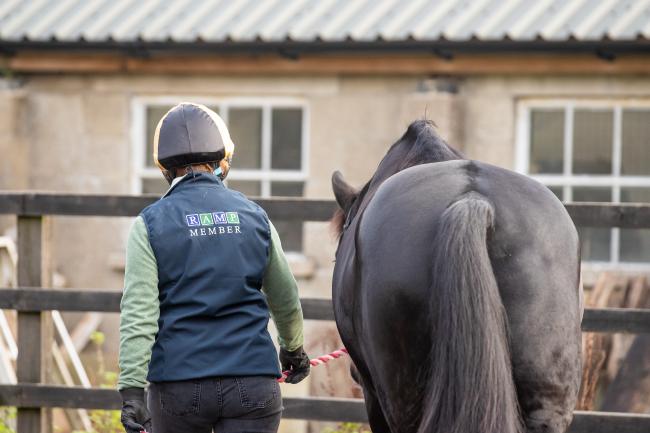Clarification on Practice for MSK Practitioners

This guidance clarifies the law when owners wish a MSK Practitioner to assess their animal and when a Vet refers an animal to a MSK Practitioner. The following Guidance has been approved by the Royal College of Veterinary Surgeons (RCVS) Standards Committee and will be circulated among the veterinary profession: a) Musculoskeletal therapists are part of the vet-led team. Animals cared for or treated by musculoskeletal therapists must be registered with a veterinary surgeon. Musculoskeletal therapists carry out a range of manipulative therapies, including physiotherapy, osteopathy and chiropractic therapy. b) As per the Veterinary Surgery (Exemptions) Order 2015, remedial treatment by ‘physiotherapy’ requires delegation by a veterinary surgeon who has first examined the animal. 'Physiotherapy' is interpreted as including all kinds of manipulative therapy. It therefore includes osteopathy and chiropractic but would not, for example, include acupuncture or aromatherapy. It is up to the professional judgment of the veterinary surgeon to determine whether and when a clinical examination should be repeated before musculoskeletal treatment is continued. c) The delegating veterinary surgeon should ensure, before delegation, that they are confident that the musculoskeletal therapist is appropriately qualified and competent; indicators can include membership of a voluntary register with associated standards of education and conduct, supported by a disciplinary process. As the RCVS does not regulate musculoskeletal therapists it cannot recommend specific voluntary registers. d) Musculoskeletal maintenance care for a healthy animal, for instance massage, does not require delegation by a veterinary surgeon. However, the animal must still be registered with a veterinary surgeon. Maintenance should cease and the owner of the animal should be asked to take their animal to a veterinary surgeon for clinical examination at the first sign that there may be any underlying injury, disease or pathology. Alternatively, the musculoskeletal therapist may ask the client for formal consent to disclose any concerns to the veterinary surgeon that has their animal under their care. This clarification has come about as a result of RAMP Council consultation with DEFRA and the RCVS around clarification for veterinary consent for Competition and Maintenance Care. To reiterate, the only difference to current practice is in point d). An animal declared healthy by the owner, in cases where care is given to maintain good health and optimise competition performance, can be seen without specific Veterinary referral with the caveats stated. This covers the areas of Maintenance care and Competition care only. This clarification will ease the current legal grey area and hope it will improve communication between MSK Practitioners and the Veterinary Profession. Any suspected pathology must be reported back to the animals registered vet immediately.